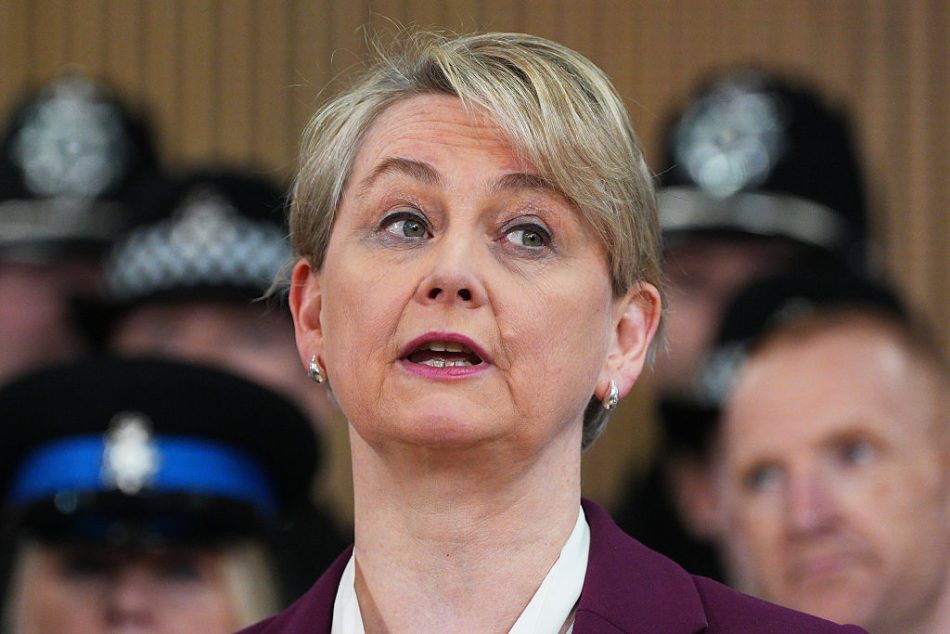Who is the most powerful woman in government? For some, it is the Home Secretary, Yvette Cooper. Next month, her department will publish a new White Paper, outlining its plans to curb legal migration. It is expected to make it harder for foreign students who come to the UK on graduate visas to stay here through taking low-paid jobs such as healthcare roles. Officials are reportedly exploring ways to close this loophole by setting a wage threshold for the types of jobs to which foreign graduates can switch. Cooper’s preference is for a time-limited visa regime for highly skilled workers in occupations where there is a shortage.
Inevitably, such changes will spark a chorus of protest. Whitehall turf fights now loom between Cooper’s department and Bridget Phillipson at the Department for Education. Universities UK – the main sector lobby group – has been straight out the gates, insisting it would be ‘madness’ to cut back the route, at a time when universities were under severe financial strain. Groups representing social care workers will have similar concerns, with the sector now facing a shortfall of 500,000 workers over the next 15 years amid an ageing and sicker population. The Treasury will not be keen either, given the OBR’s assumption that higher net migration almost always equates to higher growth.
Still, Cooper intends to press on – and will doubtless cite this Friday’s local election results as a motivating factor for colleagues. Reform UK are set to win hundreds of councillors later this week, with Cooper one of ten cabinet ministers forecast to lose her seat to Reform at the next election. Voters’ fears about migration numbers will only increase that likelihood, hence Cooper’s caution in signing off tens of thousands of additional visas. Her task is made harder by her Labour colleagues’ search for ever-elusive growth. Rachel Reeves, the Chancellor, signalled just this weekend she was open to a youth mobility scheme with the EU, ahead of next month’s summit on 19 May.
Cooper does, however, enjoy widespread ministerial support on one key aspect of her migration mission. Labour is much more relaxed about demanding that the private sector steps up and plays its part in cracking down on the black market in illegal labour. Her White Paper will include a measure to ensure that bosses who break employment law, such as by not paying minimum wage, will be banned from hiring workers abroad. While the Tories focused predominantly on poor border security, Labour hopes that overhauling weak labour-law enforcement will deter illicit migration to the UK – hence recent Home Office raids on delivery drivers and beauty salons.
But on Channel crossings, there is still much to do. Arrivals are 46 per cent higher than at this point in 2024, with more than 8,000 illegal migrants being registered thus far. Cooper’s department might boast on X that ‘we have removed more than 24,000 people’ – but of these, barely 6,000 were enforced returns. More will be needed if Labour hopes to seriously contain the Reform beast come 2029.







Comments